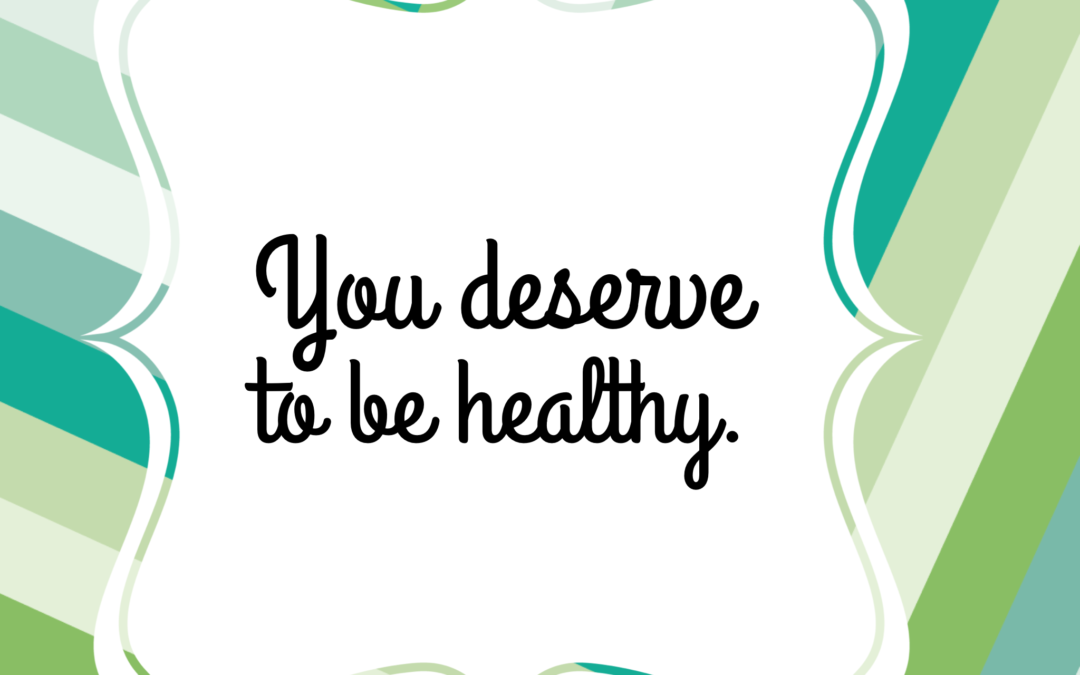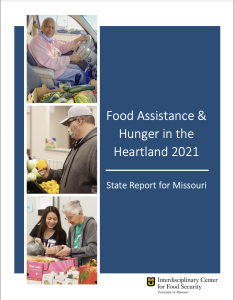by Monica Palmer
“Beggars can’t be choosers.”
I remember my four older siblings hurling this phrase at me any time I complained about getting tossed the scraps of some treat we were told to share. It used to make me seethe at the injustice.
This phrase popped up the other day in a different context, and it still managed to make me cringe.
While talking with a group of friends about the need for healthier eating, I pointed out the commendable job Missouri food banks are doing to get more fresh produce, whole grains and lean protein onto the shelves of food pantries throughout the state. I shared that we know from research done nationally by Feeding America and regionally by MU’s Interdisciplinary Center for Food Security that the clients who depend on food pantries desire more healthy options from the agencies they visit. One of the men in my group scoffed at this and said, “Well, that’s a little ungrateful. Here they are taking a handout, and they’re saying it’s not good enough. They should remember that beggars can’t be choosers.”
Food insecurity is a real threat to this country’s future, and the first battle we must win in this war is the battle of our own prejudice. The notion of deserving versus underserving poor has helped many to form a belief that charitable givers get to determine how the people they help should look, act or behave.
If we label someone as a beggar for simply stating a desire to feed their children vegetables instead of ramen noodles, we are dangerously close to viewing health as a privilege for some rather than all.
Historically, food pantries were viewed as emergency food assistance providers who doled out food for short periods of time. Today’s pantries are seeing more and more people, especially seniors, who rely on these agencies for longer periods. With this in mind, food pantries are becoming increasingly mindful of the quality and the quantity of the food they distribute.
MU’s Interdisciplinary Center for Food Security discovered in their research that pantry customers are disproportionately affected by diabetes, high cholesterol and high blood pressure, and are more likely to be obese, compared to the Missouri state average.
Food pantry clients’ health should be of great concern to us all. The health risks associated with insufficient or inadequate nutrition will impact the education of our future generations, the productivity of our workforce and even the security of our nation as recruiters find it harder to find young men and women who are fit enough to become soldiers.
There are also financial costs associated with food insecurity and poor health. The Center for American Progress reports that the hunger-related costs of increased illness, poor educational outcomes, lost lifetime earnings, and charitable contributions to help address hunger in the U.S. are $167.5 billion. Obviously, this takes an immediate and long-term economic toll on communities and our country.
Getting healthy food to food pantry clients is the best form of preventive medicine for the health of our country, so we can’t afford to be choosy givers. We need to make sure that all people have access to enough of the right kind of food for a healthy lifestyle.
Missouri’s food banks are making great strides towards this aim, and you can help in your own community by thinking twice about what foods you put in the barrels at your next community food drive. For a list of healthy, shelf-stable foods to donate to your food bank or pantry, click here.


